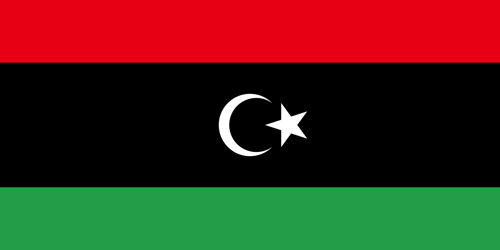Back to resource


Libya
Team Europe Initiative and Joint Programming Tracker
Country
Continent:
Africa
Region:
Neighbourhood - Southern
0










Joint Programming - State of Play
The potential for Joint programming in Libya was highlighted in June 2015 at the Foreign Affairs Council. Conflict Analysis and Joint Programming workshop took place in December 2015. European partners agreed on the need for an enhanced coordination, but some challenges still need to be overcome to reach a full joint programming process (e.g. as a upper middle-income country, Libya is not a priority country for programmable development cooperation for many Member States).
In 2016-2017, European partners represented 8 out of the 10 major donors to Libya. Total ODA from European partners amounted to around USD 217 million (OECD figures).
Currently, there is no joint programming process in country.
Political situation
The toppling of long-term leader Muammar Gaddafi in 2011 led to a power vacuum and instability, with no authority in full control. The country has splintered, and since 2014 has been divided into competing political and military factions based in Tripoli and the east. Islamic State group briefly took advantage of the conflict to seize control of several coastal cities including Sirte, which it held until mid-2017. It retains a presence in the desert interior. (source : BBC country profile, July 2019)